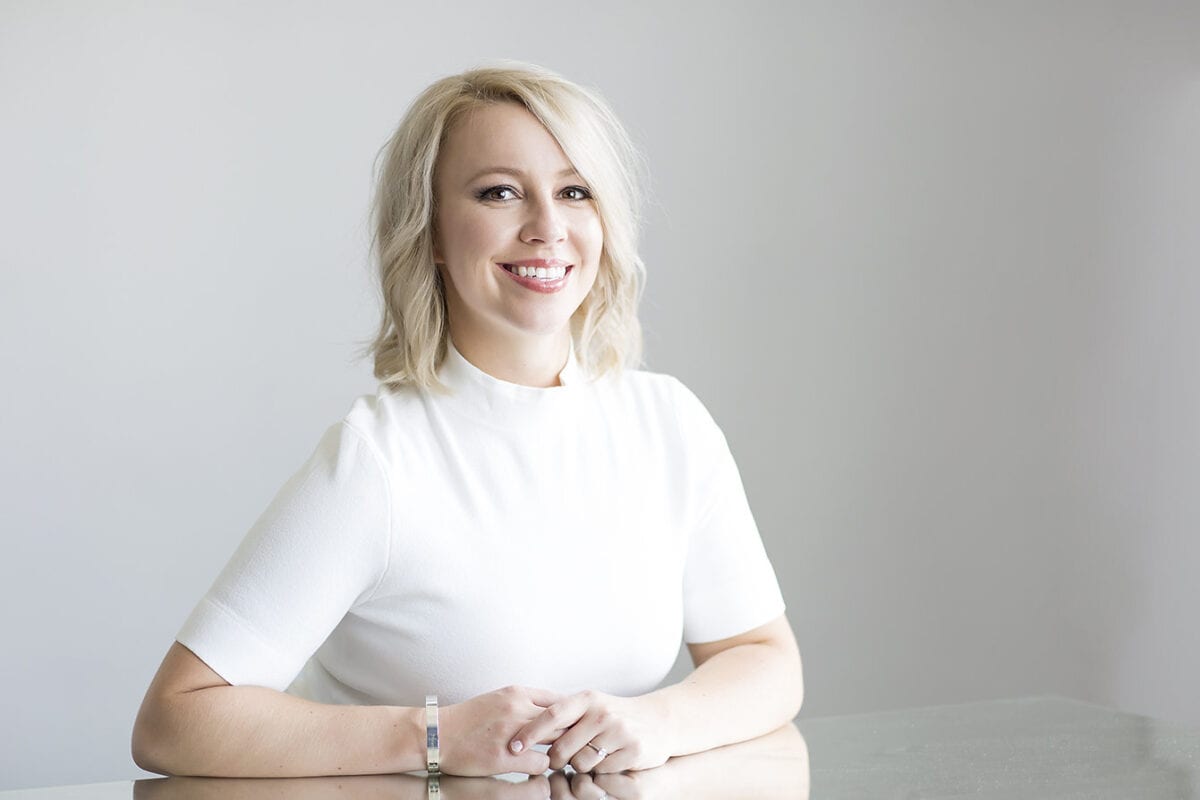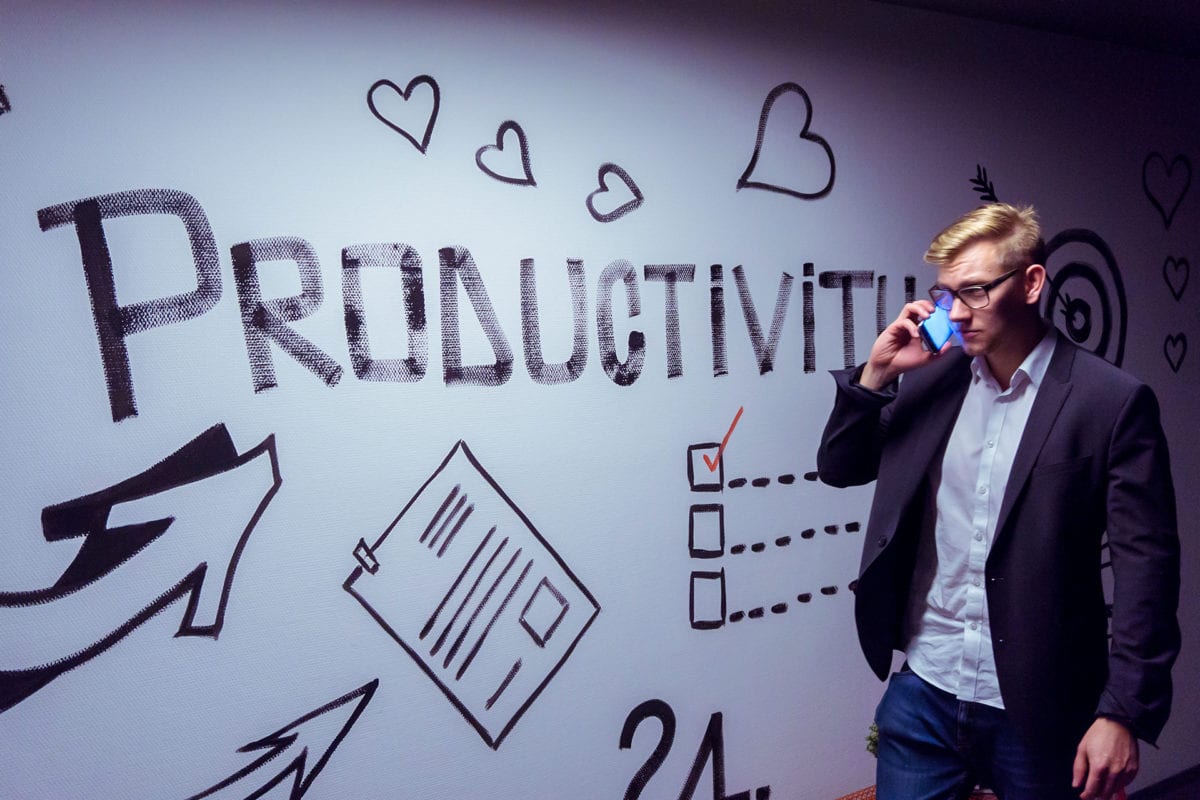The Bullet Journal method is a remarkably efficient and organized way of note taking and daily journaling that has turned into an international phenomenon ever since Brooklyn-based designer Ryder Carroll shared his uber-practical technique in 2013. The flexible system has been adopted by people from all walks of life—students, creatives, office workers, and more—to organize a variety of tasks, like scheduling, financial planning, brainstorming, making shopping lists, and keeping track of physical and mental health. As Bullet Journaling has become increasingly popular around the world, Carroll has focused on building up the online “BuJo” community and sharing his unique perspective on journaling with others (including through a TED Talk). He spoke to The Edge about productivity, processing, and problem-solving.
You have received acclaim worldwide for being the inventor of the Bullet Journal method. How has this rise to fame impacted your day-to-day life?
It allowed me to shift careers. I was a digital product designer and art director, designing different kinds of apps. With the success of the Bullet Journal, it allowed me to focus on the one product that I created that’s had the largest impact on the most amount of lives, which is the Bullet Journal method.
Bullet journaling helps people live an intentional life in the moment and become more productive. What else do you feel people need to live better lives?
I think they need to take time. This is one of those things that sounds so obvious, yet a lot of us struggle with simply stopping to take the time to consider what’s taking our time and our energy. We all feel like we don’t have enough time, but when we take time to look at what we’re actually doing, often we’ll see that we’re working on a lot of things that shouldn’t be taking [up our] time. I think that just having some kind of ritual that allows you to take a step back before you reengage with the rush of life is absolutely critical.
How do you define success in work and in life?
I think the most successful person that I’ve met is my mother. She was an art teacher for all of her career. I’ve never met a person who was more excited to go to work than she was. She absolutely loved what she did. She did not make a lot of money […] but she loved what she did. I feel like that defines both success in personal as well as in your work life. And I think that that’s ultimately what matters—not monetary wealth, but experiential wealth.
Have you faced any challenges in recommending the Bullet Journal method as a life practice for people to adopt?
Yeah. I think that the biggest challenge that I face is that when a lot of people see the Bullet Journal method for the first time, they usually associate it with what they see on Instagram and Pinterest, which are very artistic interpretations of the methodology. A lot of people are like, “I am not an artist,” or “I don’t have the time for that,” so I try to show them what they’re seeing is a very dressed up version of a methodology that’s actually very practical and minimal.
You were a digital product designer as well as an author. How do you maintain your creative drive and inspiration every day?
By working on different things and by continually learning. I like working of different problems and exploring new concepts A critical part of my job is reading. I am lucky in that I’m a naturally curious person and that I turned that curiosity into work. I process and synthesize information and then share what I learn with other people through products, services, and content I create. All require different skill sets, so it keeps things interesting.
Is there one piece of advice or wisdom that has shaped your way of thinking?
There are very many. I think, in terms of business, the thing that shaped my thinking the most is to create a business around solving a problem that you have. Create a solution as opposed to just another product. My attention deficit [disorder] caused many different challenges and Bullet Journal is a response, or at least the beginnings of the Bullet Journal, were a response to those challenges. And the other one is that there are two different kinds of people: there are people who are creators and there are people who are destroyers. In what you’re trying to do, you always want to be a creator. It’s easy to point out why something won’t work, or why it’s doomed to fail. It’s really hard to come up with solutions. Yes, you need to think critically and be careful, but ultimately you need to be productive, you need to create something out of nothing. That’s where all thinking should lead.
Has the pandemic impacted your work or your personal life in any way?
The way it’s affected my life personally is pretty similar to most people. It’s a much more concentrated yet disconnected existence. Professionally I’m witnessing that a lot of my community members, which is an international community, shifting away from productivity into more existential questions. [Asking] “why am I doing things?” not, “how am I doing things?” or “What am I doing?” [This] is really the foundation of Bullet Journaling—to stay mindful of why you’re doing what you’re doing I think that’s an important shift, because if you don’t know why you’re doing what you’re doing, chances are, it will feel meaningless. The point of BuJo helps to filter out the meaningless, to spend more time with what is meaningful. If anything this Pandemic has taught us, is how precious time is.
Rose Ho | Staff Writer



















